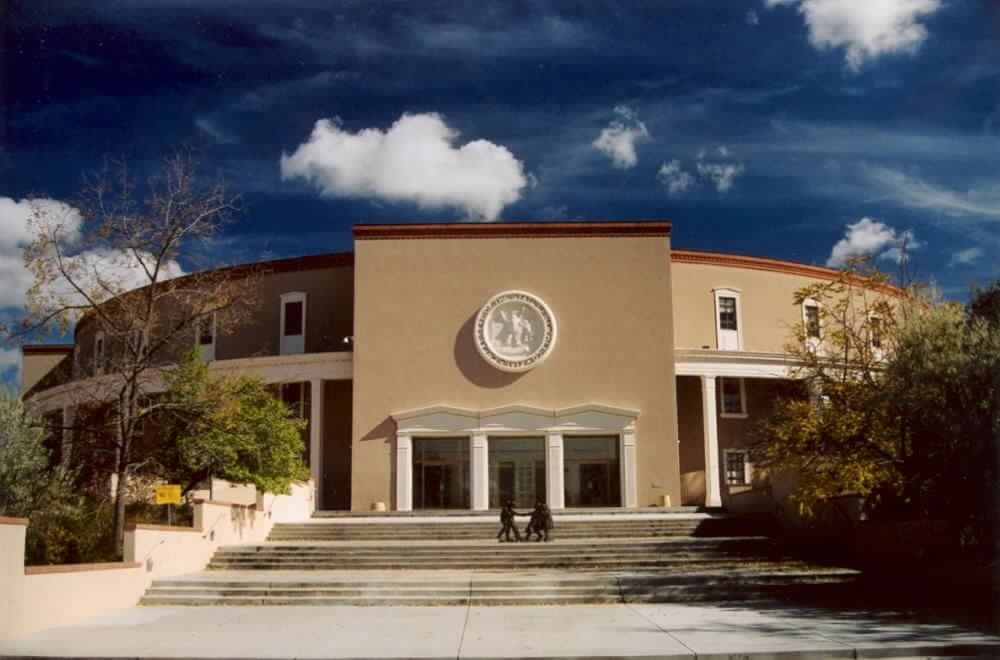New Mexico Bill: Either Independents Vote in Primaries or The Parties Can Pay for Them

Update: A Senate bill to implement semi-open primaries passed the Senate in a bipartisan vote on Monday, February 20. Senate Bill 73 would allow unaffiliated voters to choose between a party ballot in taxpayer-funded primary elections. The bill now goes to the state House for consideration.
Open primaries are once again before state lawmakers in New Mexico – a state where a quarter of registered voters are denied full and meaningful participation in elections.
The bill went before the state House Government, Elections, and Indian Affairs committee, and takes a different approach to open primaries:
- The bill would open taxpayer-funded primary elections to all voters, regardless of political affiliation; or
- If parties want to keep voters registered outside the major parties out of the primaries, they have to pay for the primaries themselves.
The committee did not have a quorum to vote on the bill.
This is not the first attempt at primary reform in the state. Open primary bills come up nearly every legislative session, and the state has even been sued over its closed primary laws.
Under current law, only registered party members can participate in the state’s taxpayer funded primaries. Twenty-four percent of registered voters do not belong to one party or the other – a substantial percentage of the electorate.
Not only are independent voters denied a full say in elections, but they are also denied participation in the most important stage of the election process.
New Mexico has an astonishing number of legislative seats that go uncontested every election cycle by members of one party or the other. In 2018, 34 out of 70 state House seats (nearly half) were uncontested.
When independent voters finally get to weigh in on an election, there is only one candidate on the ballot.
There is no choice, no competition, and rampant voter suppression going on in New Mexico. Unfortunately, voters are stuck with the political whims of lawmakers loyal, first and foremost, to their party.
Open primary advocates have for years lobbied for reform, but partisan maneuvering has erected one legislative roadblock after another. Reformers cannot go to voters on the matter because New Mexico does not have a citizen referendum process.
 Shawn Griffiths
Shawn Griffiths


